The wonderful aspect about science fiction books is that they toy with our perception of reality and fiction. The lines between both confuse lazily and realistically when we immerse ourselves in great works of science fiction and fantasy. One such book, a frightening and yet intriguing literary work, is the Power by Naomi Alderman.
Hailing praise from the mistress of science fiction herself, Margaret Atwood, Alderman’s book presents us with a simple concept: what if women woke up one day with the natural capacity of electrocuting, much like electric eels?
Alderman’s novel tells a story within a story: a male author submits his manuscript to a female author almost 5,000 years after the ‘power’ emerges and turns the world into a matriarchy.
In his manuscript, he imagines, through the story of five main characters, the chaos and the tumultuous social and political changes which occur once women develop the power to emit electricity from their hand through the activation of a main, fictional muscle.
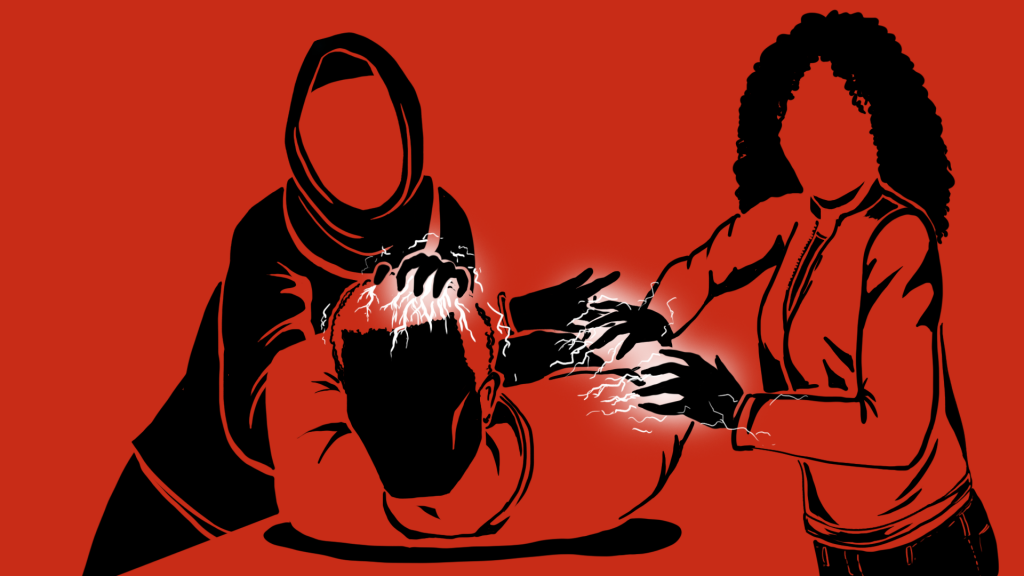
Alderman describes “Margot reads a report from a team in Delhi who are the first to discover the strip of striated muscle across girl’s collarbones which they name the organ of electricity, or the skin, for its twisted strands. At the point of the collar are electro-receptors enabling, they theorize, a form of electric location. The buds of the skein have been observed using MRI scans in the collarbones of newborn infant girls.”
Slowly but surely, the women use this power to defend themselves first and then to torture, kill, and mobilize armies into creating the first ever modern ‘female’ country.
Social structures, as we know them, cease to exist. Gradually, women retain all political and physical powers while men become docile, apprehensive and at a loss as to how to navigate a female-led world.
“Men are no longer permitted to drive cars. Men are no longer permitted to own businesses. Foreign journalists and photographers must be employed by a woman. Men are no longer permitted to gather together, even in the home, in groups larger than three, without a woman present. Men are no longer permitted to vote – because their years of violence and degradation have shown that they are not fit to rule or govern,” Alderman imagines.
In this world: women become sole presidents and queens; they form guerillas and armies, God changes gender, and women, most importantly, teach other women how to harness their kills thus ensuring power transmission to younger and older generations.
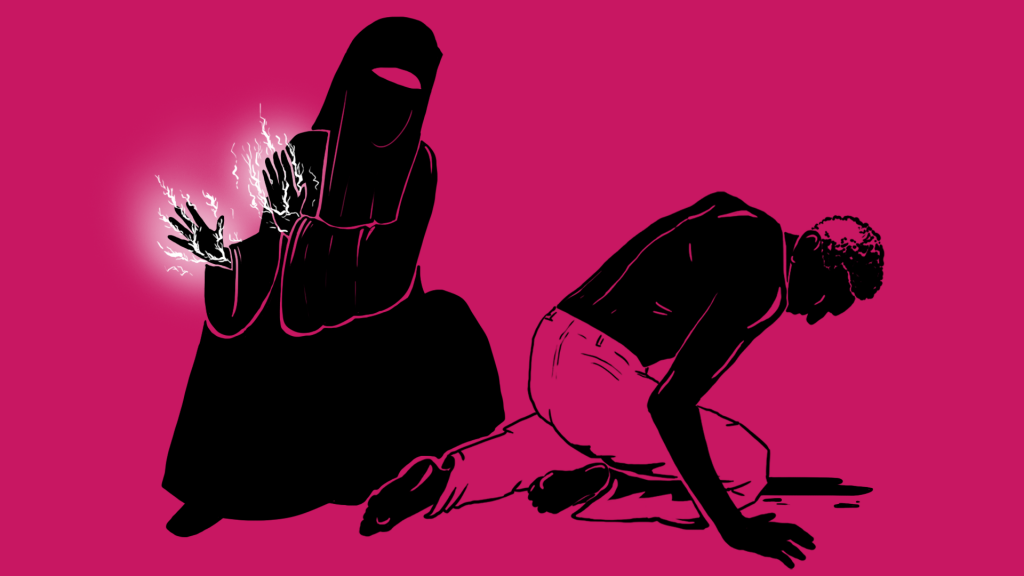
So, in tandem with the scenes in Saudi Arabia where the women rebel and demonstrate, flipping patriarchal society upside down, how would things be different in Egypt?
Perhaps, things would change on an everyday basis and women would finally get the justice they deserve by electrocuting their male harassers in the streets instead of waiting for the failing judicial system to aid them.
Perhaps mothers would be able to protect their daughters from unwarranted clitorectomies and circumcisions.
Perhaps, the ‘skein’ – the fictious organ from which this natural power emerges from in the book – would finally become more important than the hymen, which families equate with honor, in Egypt.
Perhaps wives would be able to stand up to their husbands at home and protect themselves from rampant domestic abuse and marital rape with steady pulses of electricity rather than be shunned by their own families and by an unmerciful victim blaming culture that exists here.
Perhaps, once and for all, women would be able to assert themselves and go work despite criticism from brothers, fathers and husbands.
Perhaps Egypt’s long history would be finally revised and women would get more recognition in school curriculums.
Perhaps the entire society would change in Egypt. Afterall, what would keep women from acquiring more seats in Parliament? More positions in the government – perhaps even running for office? What would stop young budding adults from living on their own, or from staying in hotels, alone? What would stop them from electrocuting unwarranted physical contact, and keep doctors who conduct virginity tests during protests, at bay?
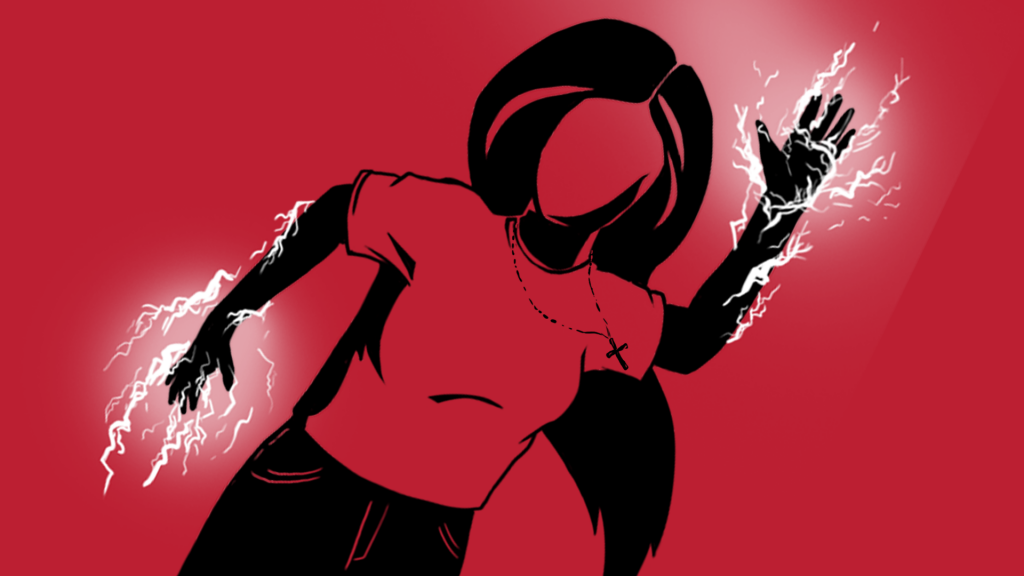
One can only imagine that Egyptian women would acquire a tremendous amount of power. It wouldn’t be long before the fatwas would roll about how using the ‘skein’ is haram (religiously forbidden), and men would lash out.
One can safely also assume, like in the book, that gradually, some women would exercise pent up feelings of revenge by harassing, raping and exploiting men.
Worst of all, and based on an already existing reality of internalized misogyny on the ground, it wouldn’t be long before Egyptian women turned on each other. Afterall, how many of us have heard ‘what was she wearing?’ from a woman before a man?
These are but mere musings based on imagination. The obvious reality is that women do not, nor will ever one day awaken to discover that they can electrocute anything or anyone.
Alderman conjures explicit scenes of violence and rape inflicted against men to show the reader the level of violence women are capable of, and in doing so, she reminds us all too well that this fictional atrocity against men is an everyday reality for women.
The stories of massacres and rapes of men in ‘The Power’ reflect the continuous reality of violence against women that we all already know but have chosen to forget due to its prevalent banality; it represents the victim of rape mobs in Tahrir square, the honour killing of Israa Ghayyeb, the comfort women of Nanjing, the political refugees of the Democratic Republic of Congo, the female Jews of Auschwitz, the stoned ‘sinners’ of Afghanistan, the gang-raped in India and Pakistan, the acid-victims of Colombia, the breast-ironed of Cameron, the forcibly sterilized of Peru, the burnt witches of Salem, the kidnapped in Kyrgyzstan, the trafficked in Thailand and Moldova, and a myriad of other surviving and non-surviving women victims it would take me a lifetime to list.
Critics were correct in qualifying the book as ‘terrifying’. It is, but only because of the message it delivers and the already existing reality it conveys.
The opinions and ideas expressed in this article do not reflect the views of Egyptian Streets’ editorial team. To submit an opinion article, please email [email protected].
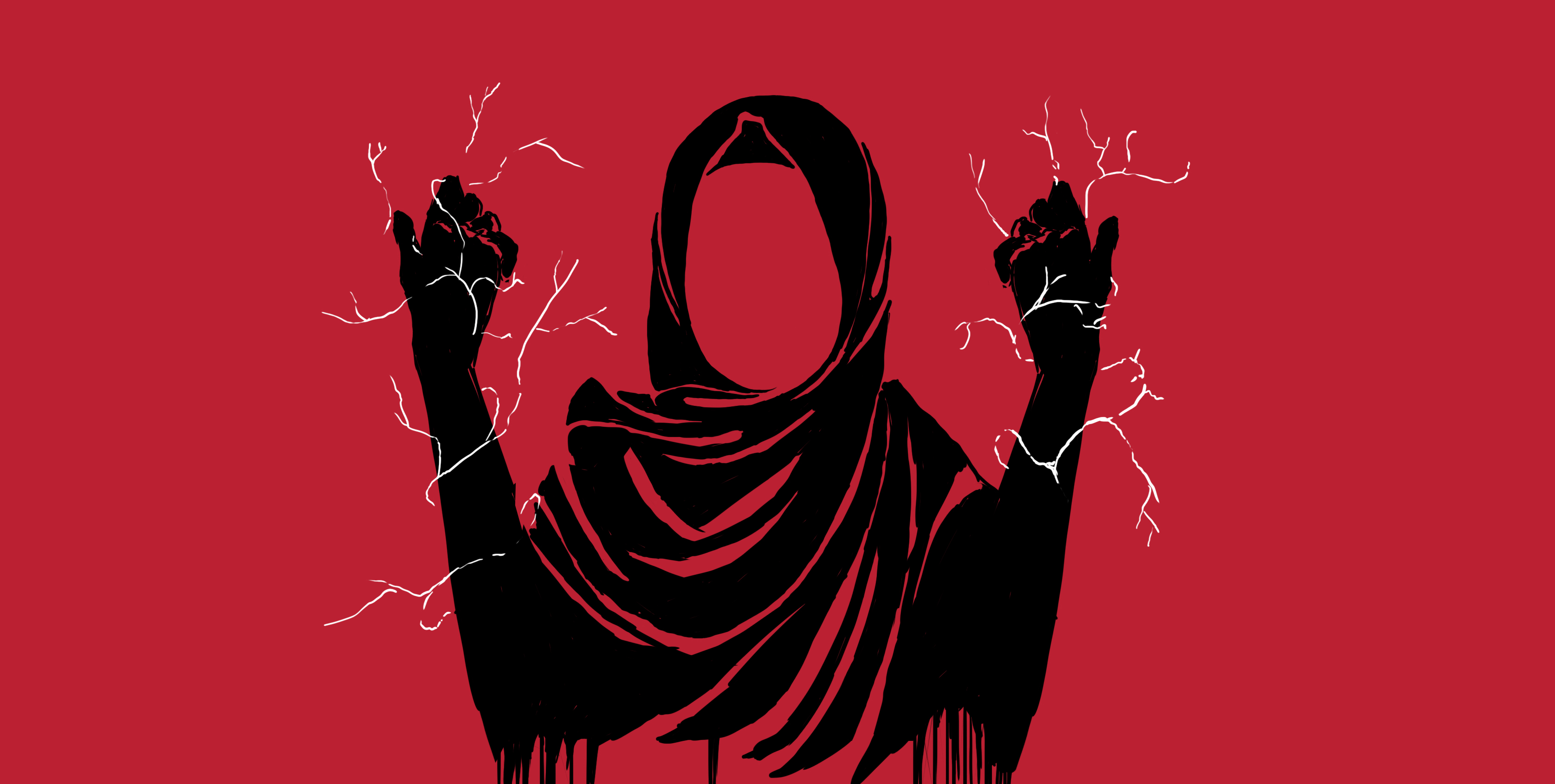



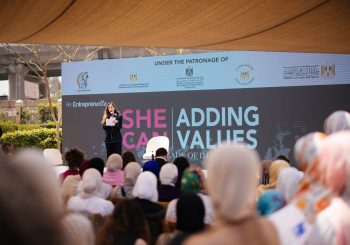

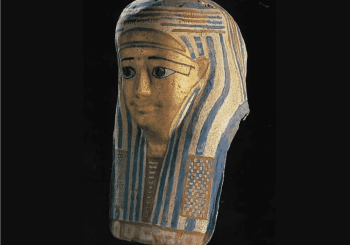
Comments (0)